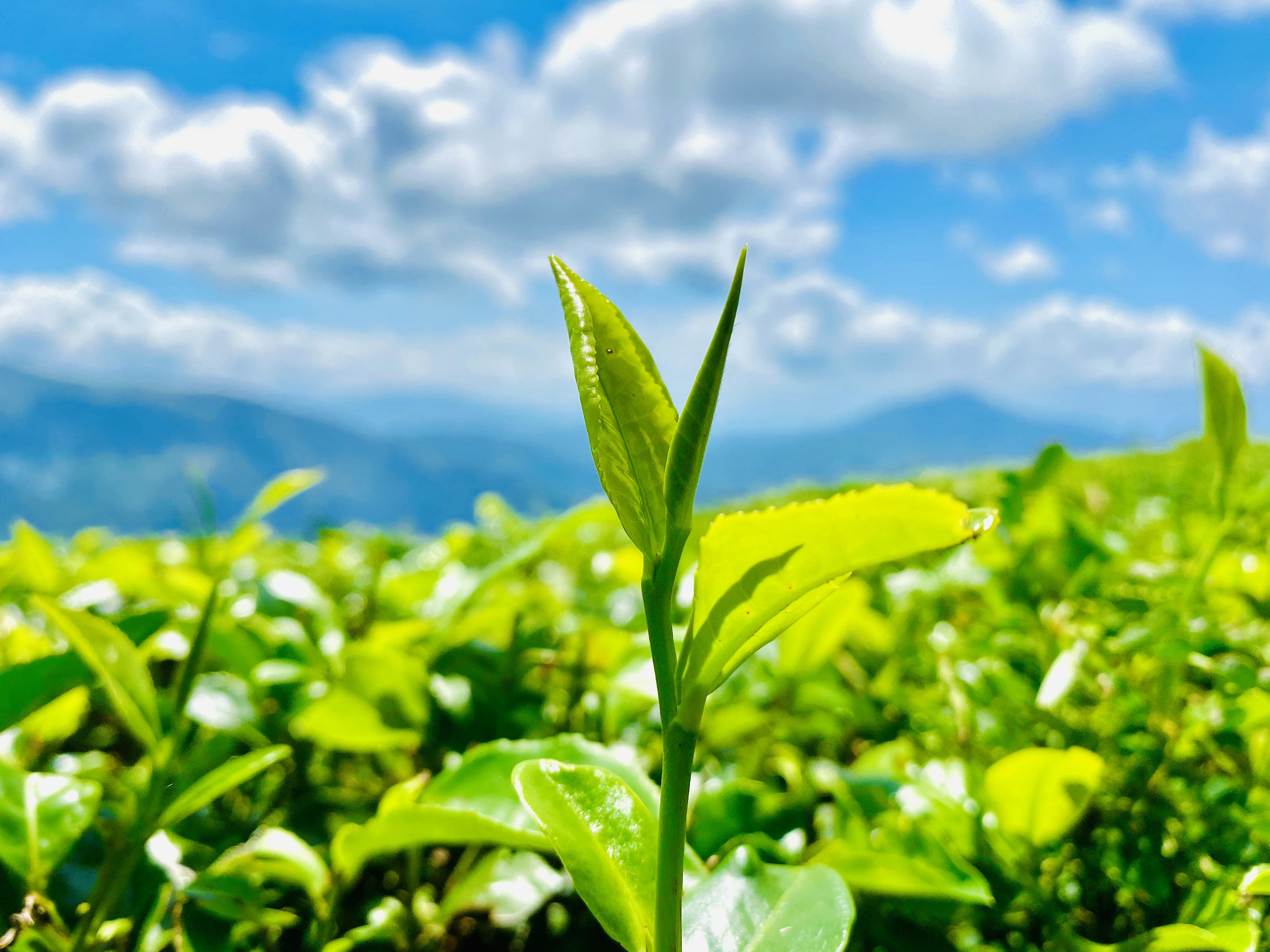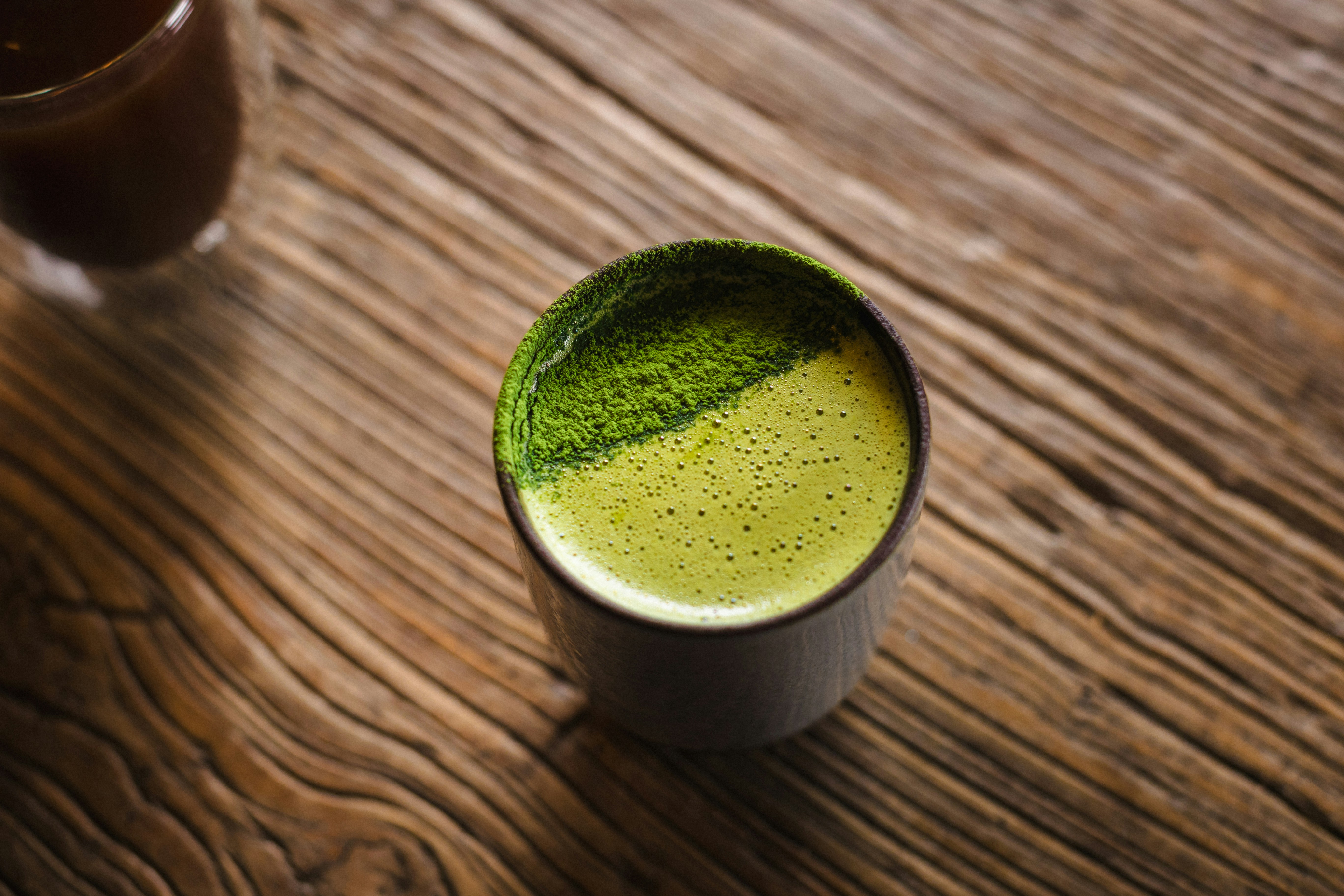The Power of Green Tea: A Natural Energy Booster
In today’s fast-paced, demanding world, many individuals rely on caffeinated beverages like coffee and energy drinks to combat the afternoon slump. However, these conventional energy sources often lead to energy crashes, jitters, and other undesirable side effects. Green tea emerges as a healthier alternative, providing a balanced and sustained energy boost without the negative consequences commonly associated with other caffeinated beverages. Discover how this ancient elixir can revolutionize your energy levels and overall well-being.
Derived from the leaves of the Camellia sinensis plant, green tea possesses unique properties that invigorate both body and mind. One key component is caffeine, though present in a much lower concentration than in coffee. This moderate caffeine dose provides sufficient stimulation to enhance alertness and focus, while other compounds in green tea mitigate the anxiety and rapid heart rate sometimes triggered by higher caffeine intakes.
Crucially, green tea is rich in L-theanine, an amino acid known for promoting relaxation without causing drowsiness. The synergy between caffeine and L-theanine is what truly sets green tea apart. Instead of a sharp energy spike followed by a dramatic crash, green tea drinkers experience a steady, prolonged release of energy, supporting improved focus and cognitive function throughout the day. Green tea not only nourishes the body with powerful antioxidants but also supports mental clarity and sustained energy levels.
In summary, green tea offers an appealing solution for those seeking an energy boost free from the downsides of traditional caffeinated drinks. Integrating green tea into your daily routine can lead to enhanced energy levels and contribute to overall health. As we delve deeper into the characteristics and benefits of green tea, you may discover its remarkable potential for sustained vitality and improved well-being.
Understanding Green Tea: A Journey Through History and Production
Originating from the Camellia sinensis plant, green tea boasts a rich history spanning centuries, revered for its diverse health benefits. Its roots trace back to ancient China, where it was initially employed for medicinal purposes before gaining widespread popularity as a beverage throughout Asia and eventually the world. Today, diverse types of green tea, including Sencha, Matcha, and Dragon Well, are enjoyed globally, each offering distinct flavors and potential health advantages.
The production of green tea involves minimal oxidation, a key factor in preserving its vibrant green color and essential nutrients. After careful harvesting, the leaves are quickly steamed or pan-fired to halt oxidation. This process safeguards the beneficial compounds, especially catechins and L-theanine. Catechins, a type of antioxidant, contribute to various health benefits, from improved metabolism to enhanced cognitive function. L-theanine, the remarkable amino acid, promotes relaxation without drowsiness, fostering a calm focus that supports sustained energy.
Green tea holds deep cultural significance in various societies. In Japan, the tea ceremony is a revered ritual emphasizing mindfulness and aesthetic appreciation of tea preparation and consumption. In Chinese culture, tea symbolizes hospitality and respect. Traditional uses of green tea extend beyond simple enjoyment; it has been utilized in traditional medicine to aid digestion, boost metabolism, and even enhance mental clarity. From its rich history and distinct production methods to its unique active compounds, green tea is more than just a refreshing beverage—it’s a source of sustained energy and potential well-being.
The Science Behind Green Tea’s Energizing Effects
Green tea has attracted considerable scientific interest for its ability to enhance energy without the typical crash associated with other caffeinated beverages. This unique property stems from the interplay of various compounds, particularly caffeine and L-theanine. Caffeine, a well-known stimulant, is naturally present in green tea at a lower concentration than coffee, typically around 30-50 mg per 8-ounce serving. This moderate caffeine level promotes alertness and concentration without the jitters often experienced with higher caffeine intake.
L-theanine, an amino acid abundant in green tea, promotes relaxation without inducing drowsiness. Research suggests that the combination of caffeine and L-theanine can significantly enhance cognitive performance and improve attention span. A study published in “Nutritional Neuroscience” demonstrated that participants consuming both caffeine and L-theanine experienced greater improvements in working memory compared to those consuming caffeine alone. This synergistic effect fosters heightened focus and clarity, making green tea an ideal choice for sustained energy throughout the day.
Green tea’s antioxidant properties, primarily attributed to catechins, also play a role in energy metabolism. These compounds enhance fat oxidation and improve physical endurance. Studies have shown increased fat oxidation during exercise in individuals consuming green tea extract. Green tea’s potential to stabilize blood sugar levels further contributes to consistent energy, reducing the spikes and crashes often associated with sugary energy drinks.
Through this unique combination of caffeine, L-theanine, and antioxidants, green tea provides a gentle yet effective approach to energy enhancement, promoting both immediate alertness and long-term stamina and focus. It stands out as a versatile and healthy option for boosting energy sustainably.
Personal Stories: Green Tea’s Impact on Real Lives
Countless individuals have experienced remarkable transformations in their energy levels after incorporating green tea into their daily routines. Laura, a 34-year-old marketing executive, constantly battled mid-afternoon slumps and lethargy. After a friend recommended green tea, she replaced her morning coffee with it. To her surprise, she experienced consistent energy throughout the day without the usual caffeine jitters. “I felt more clear-headed and had more stamina for tasks,” she explained, noting improvements in both productivity and overall well-being.
Mike, a fitness enthusiast, noticed fatigue hindering his workouts. He integrated green tea into his pre-workout routine and saw significant improvements in his endurance during cardio. “I appreciate how green tea provides the boost I need without the crash that follows energy drinks,” he remarked, also valuing green tea’s antioxidant and metabolism-boosting properties.
Sarah, a busy mother of two, struggled with constant exhaustion from juggling family and work. A wellness coach suggested green tea as a healthier alternative to sugary snacks for an energy boost. Since then, Sarah reports feeling more energetic and engaged with her children. “It’s like I’ve regained a part of myself,” she shared with relief.
These personal anecdotes highlight green tea’s transformative impact on energy levels, demonstrating how a simple beverage can enhance vitality and overall well-being in diverse lifestyles.
Integrating Green Tea into Your Daily Life
Adding green tea to your daily routine can be simple and enjoyable. Consider optimal consumption times. Mornings are ideal for a gentle energy boost to start the day. A mid-afternoon cup can combat post-lunch fatigue, maintaining alertness and focus.
Various brewing methods allow you to savor green tea’s rich flavors and health benefits. Traditionally, loose leaf green tea is steeped in hot water (160-180°F) for 2-3 minutes. Tea bags offer convenience; steep according to package instructions. For a refreshing twist, try cold-brewing by steeping tea in cold water in the refrigerator for several hours.
Beyond beverages, incorporate green tea creatively into your diet. Add matcha powder to smoothies or yogurt for a nutritious boost. Explore culinary uses, such as green tea-infused rice or salad dressings. Iced green tea with lemon or herbs is a delightful summer drink. Experiment and discover versatile ways to enjoy green tea’s benefits.
Green Tea vs. Other Caffeine Sources: A Comparative Analysis
When comparing caffeine sources, consider both immediate and long-term effects on energy and health. Green tea, rich in antioxidants, offers a unique profile compared to coffee and energy drinks. A key difference lies in caffeine content and delivery. While coffee contains 95-200 mg of caffeine per cup, green tea has approximately 20-45 mg. This lower dose provides a more moderate, gradual energy boost, minimizing the spikes and crashes associated with higher caffeine sources.
Green tea’s L-theanine content further distinguishes it. This amino acid promotes relaxation without sedation, creating a calm energy boost alongside enhanced cognitive function. Energy drinks often contain high sugar and artificial additives, leading to negative health consequences like increased heart rate, jitters, and energy fluctuations. These side effects are generally absent in green tea.
Green tea’s health benefits extend beyond energy enhancement. Its antioxidants, particularly catechins, may reduce the risk of chronic diseases and support overall well-being. Regular consumption contributes to sustained vitality and improved long-term health, differentiating it from coffee and energy drinks. Choosing green tea promotes focus, alertness, and a healthier lifestyle.
Green Tea: A Holistic Approach to Wellness
Green tea is celebrated not only for its sustained energy boost but also for its diverse health benefits that contribute to overall wellness. Rich in antioxidants, especially catechins, it neutralizes harmful free radicals, protecting against chronic diseases linked to oxidative stress.
Studies highlight green tea’s potential to promote mental clarity. L-theanine enhances cognitive function, improving focus and attention while inducing a calming effect. This unique combination supports productivity and creativity, positively impacting mental well-being.
Green tea may also aid in weight management by temporarily elevating metabolic rate and aiding fat oxidation. Combined with a healthy diet and exercise, regular consumption can facilitate weight loss, supporting a holistic approach to fitness and health.
Heart health benefits from green tea’s potential to lower bad cholesterol (LDL) and improve cholesterol ratios, reducing heart disease risk. Its anti-inflammatory properties further support cardiovascular health by promoting better blood circulation.
Finally, green tea offers a gentle way to calm the mind and alleviate stress. Incorporating it into daily routines, like breaks or meditation, reinforces a wellness-centered lifestyle. Green tea offers substantial benefits across various health dimensions, making it an essential component of a balanced lifestyle.
Debunking Common Misconceptions About Green Tea
Green tea, despite its numerous health benefits, is often subject to misconceptions. One prevalent myth concerns its caffeine content. While green tea generally contains less caffeine than coffee, the difference is less extreme than often assumed. Green tea contains approximately 20-45 mg of caffeine per cup, while coffee contains around 95 mg per 8-ounce serving. This moderate caffeine content can still provide an energy boost without the typical crash associated with coffee.
Another misunderstanding involves exaggerated health claims. While green tea’s catechins offer health benefits, it’s not a cure-all and shouldn’t replace medical treatment or a healthy lifestyle. It should be part of a balanced diet and combined with regular exercise.
Some worry about green tea’s digestive impact. Excessive consumption may cause stomach irritation due to its acidity, but moderate intake is generally safe. Approach green tea with balance, understanding that its effects vary based on individual tolerance and health conditions.
Embrace the World of Green Tea: A Path to Enhanced Energy and Well-being
Green tea is more than just a drink; it’s a path to enhanced energy and well-being. Its unique synergy of caffeine and L-theanine provides a gentle lift without the dramatic highs and lows of conventional energy sources. Integrating green tea into your daily routine can bring a sense of equilibrium and vitality.
Experiment with different varieties, each with unique flavor profiles and health benefits. From a warm cup of matcha in the morning to refreshing iced green tea in the afternoon, the possibilities are endless. Observe your body’s response and how your energy levels shift. This mindful exploration can lead to a healthier, more balanced life.
Share your green tea experiences. Have you found a favorite blend or ritual? Have you noticed improvements in energy or overall wellness? Join the conversation and connect with others on a similar wellness journey. Your insights could inspire others to embrace green tea’s benefits.
Finding balance is essential, and green tea can be a delightful ally. It offers not only energy but also a moment of mindfulness amidst daily life. Explore the world of green tea and discover its potential to bring joy and renewed energy to your days.








Leave a Reply